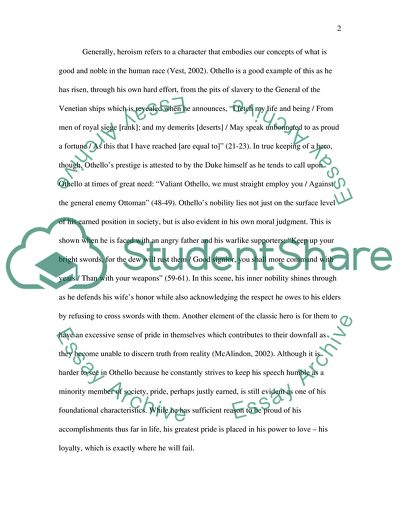Cite this document
(The Heroism of Othello Research Paper Example | Topics and Well Written Essays - 1250 words, n.d.)
The Heroism of Othello Research Paper Example | Topics and Well Written Essays - 1250 words. Retrieved from https://studentshare.org/literature/1746918-othello
The Heroism of Othello Research Paper Example | Topics and Well Written Essays - 1250 words. Retrieved from https://studentshare.org/literature/1746918-othello
(The Heroism of Othello Research Paper Example | Topics and Well Written Essays - 1250 Words)
The Heroism of Othello Research Paper Example | Topics and Well Written Essays - 1250 Words. https://studentshare.org/literature/1746918-othello.
The Heroism of Othello Research Paper Example | Topics and Well Written Essays - 1250 Words. https://studentshare.org/literature/1746918-othello.
“The Heroism of Othello Research Paper Example | Topics and Well Written Essays - 1250 Words”, n.d. https://studentshare.org/literature/1746918-othello.


